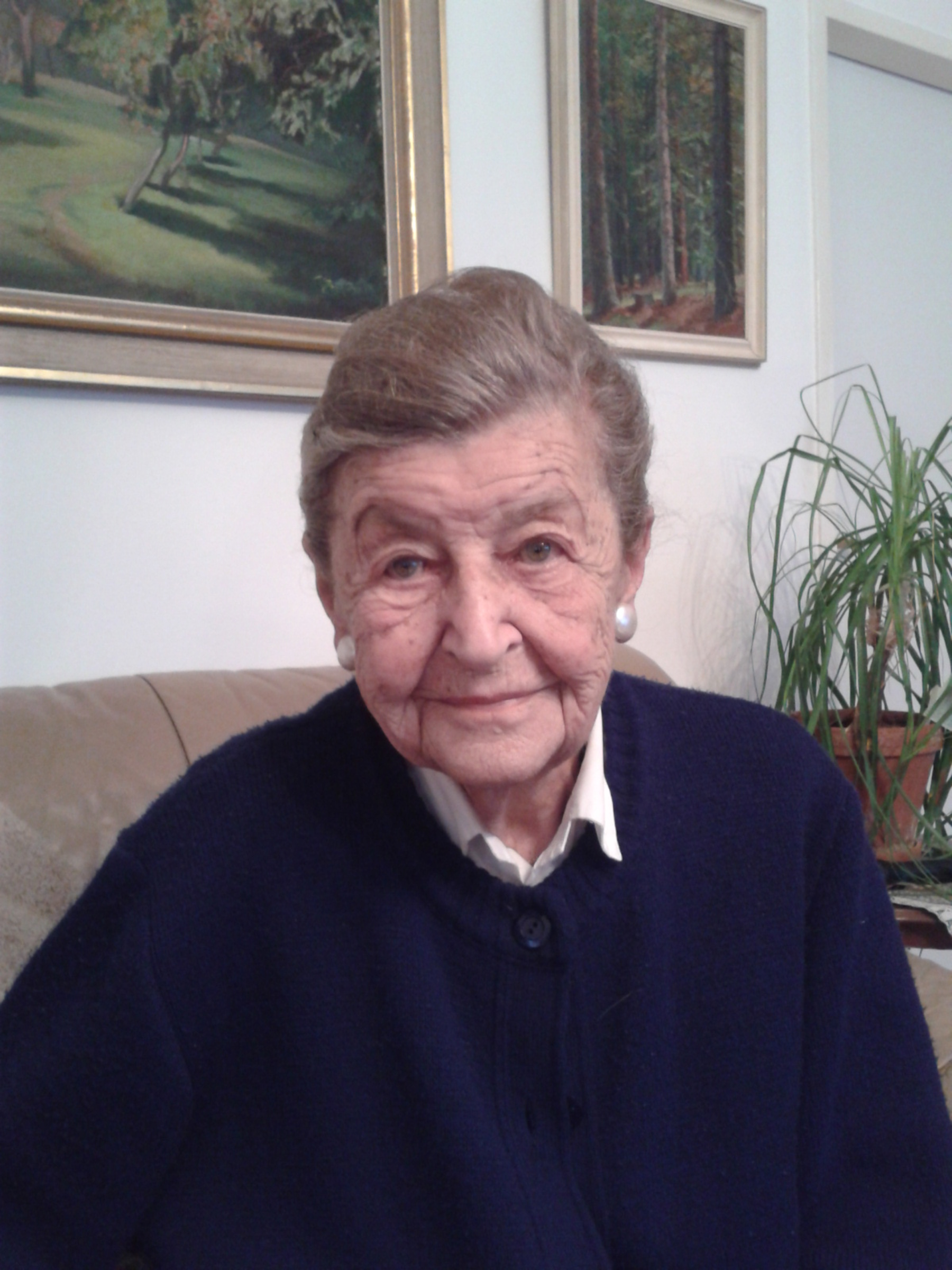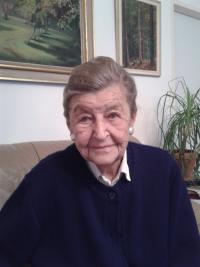I have already forgotten a lot, I have suppressed some of it in my memory, but I am happy that those times are already over

Download image
Vladimíra Hlinovská, née Jílková, was born October 1, 1928 in Dobřany as the first child of Mr. and Mrs. Jílek. The family of her mother Emílie, née Schmidtová, came from the Sudetenland and Vladimíra thus spoke Czech and German fluently since she was a little girl. She had been living with her parents in Pilsen before she turned twelve and then the family moved to a large farm estate which they had inherited in Dnešice. An American army unit was accommodated at their farm at the end of the Second World War. Vladimíra began studying medicine in Prague after the war. During one of the lectures she met Boris Kovaříček and she actively joined the resistance group Šeřík. On December 26, 1948 she was arrested by the State Security and she was sentenced to six years of imprisonment in a staged trial. She was sent to a work commando in Varnsdorf in the factory Elite, which produced stockings, and later to a state-owned farm in Žebice. She was released in 1953, earlier than she was originally supposed to. Vladimíra returned to Prague, where the labour office found her a job placement in a sign-writing workshop in the Lesser Town. Vladimíra afterwards worked as a manager of a shop selling flags in Újezd in Prague. In 1970 she and her husband went on an organized trip to Italy, from which they have not come back to Czechoslovakia. They settled in Austria and Vladimíra returned only after the Velvet Revolution. She now lives with her second husband in Pilsen. In 2015 she received a decoration from the ministry of defence for her resistance activity.
